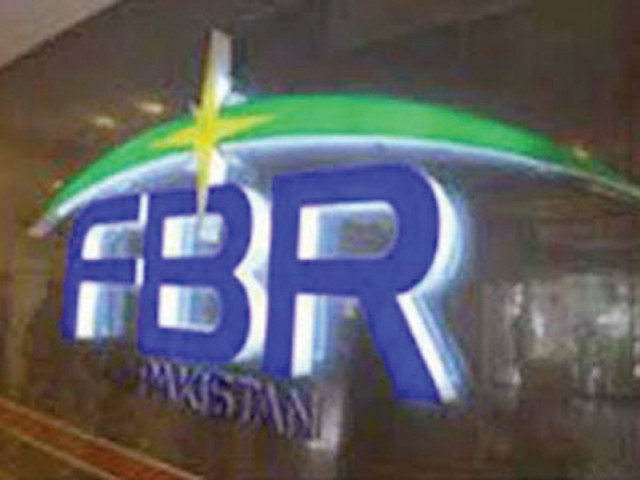Premier told he has been handed an economy on the verge of collapse
For a change, economic managers provide a candid picture of troubles faced.

During the first eight months of the fiscal year, the FBR could pool only Rs1.145 trillion, Rs440 billion less than required collection. PHOTO: FILE
The country’s economic managers have advised Prime Minister Mir Hazar Khan Khoso to knock on the International Monetary Fund’s (IMF) door for a bailout package for the economy, or take unpopular measures like introducing new taxes, withdrawing subsidies extended to the power sector, and introducing import controls to provide some stability to the embattled economy.
This tough choice was presented to the premier during his first briefing on the state of the economy here on Tuesday, with Finance Secretary Abdul Khaliq as the herald of unsavoury news. According to officials present in the meeting, PM Khoso then decided to wash down the bad news with another briefing on the energy crisis. Khaliq gave a 90-slide presentation in total, which continued for over an hour and a half, said officials privy to the matter.

In what officials called a frank and candid briefing, the finance ministry told the premier in plain words that the economy was in dire straits and require immediate action on part of the caretaker government.
The obvious question posed by Khosa to the erstwhile indifferent economic ‘wizards’ was what the interim government could do in its two months in power.
The backdrop
Pakistan has held negotiations with the IMF for a bailout package, but the signing of a new programme was put off at the eleventh hour when the then Minister of State for Finance Saleem Mandviwalla and State Bank Governor Yaseen Anwar opposed the move.
Over the past five years, expansionary fiscal policies, tax breaks under political compulsion to influential lobbies and failure in attracting foreign investments have brought the economy to its knees. Analysts have predicted that it will take at least two to three years for any new government “to repair the damage caused by the outgoing government”.
The recommendations
The caretaker premier was told that Federal Board of Revenue (FBR) has failed miserably in its tax collection efforts, and that immediate action is needed to control the yawning budget deficit. During the first eight months of the fiscal year, the FBR could pool only Rs1.145 trillion, Rs440 billion less than required collection. Instead, the finance ministry has proposed its own measures to augment taxation.
Similarly, Ministry of Finance said that subsidies were getting out of control, and interest payments had exceeded budgetary projections. It advised the premier to review the possibility of increasing tariffs to control the damage wrought by subsidies on the fiscal framework.
So far this year, the finance ministry has paid Rs251 billion in subsidies, as against the entire year’s budgeted allocation of Rs185 billion. The ministry also warned the premier that the budget deficit will exceed initial projections, and will require immediate action.
Pakistan’s economic managers have also proposed levying taxes on imports of luxury goods, making it economically unviable to import goods that are produced locally. They said this will reduce the import bill, and avert a looming crisis that follows on the heels of the country’s fast depleting foreign currency reserves.
The premier has also been advised to reduce the nation’s reliance on furnace based power generation with an aim to control the import bill. He has been suggested that more gas be allocated to power plants in order to reduce the cost of electricity generation.
The PM was also requested to negotiate with the US to expedite the release of money on account of coalition support funds, fast track the process of auctioning the 3G telecom spectrum licences, and convince the Abu Dhabi government to pay $800 million in outstanding dues on account of its purchase of shares in the Pakistan Telecommunication Company.
According to a handout provided by the prime minister’s secretariat, the premier was briefed on the current economic situation, including the position of the balance of trade, the budgetary position and the role of remittances in keeping the economy afloat.
Published in The Express Tribune, March 27th, 2013.
Like Business on Facebook to stay informed and join in the conversation.



















COMMENTS
Comments are moderated and generally will be posted if they are on-topic and not abusive.
For more information, please see our Comments FAQ